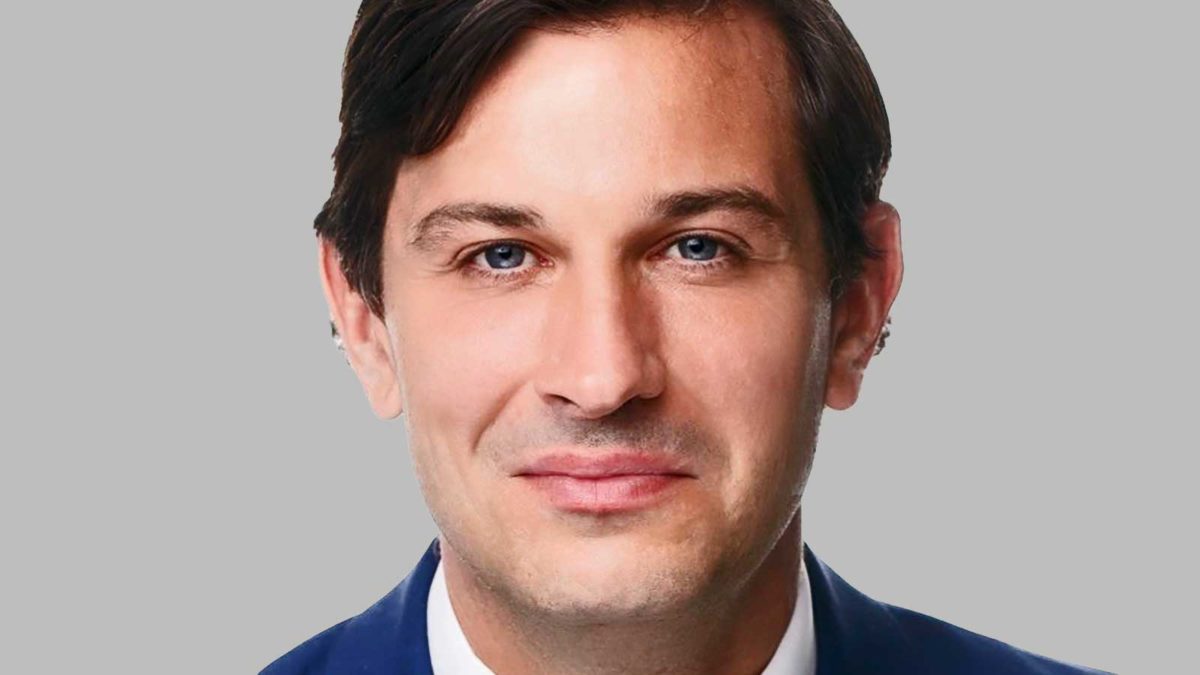Markets enter a new era of confusion
BlackRock has a message for investors trying to navigate the confusion that has sundered markets in recent weeks: get used to it.
Rising inflation was enough to give markets the jitters; tack on a war – and the prospect of an even bigger one, should the situation in Ukraine devolve further – and all the financial doom and gloom prophesied by perma-bears like Jeremy Grantham seems imminent. It’s a mad, mad, mad world. But it’s not a world that investors can’t navigate, according to Ben Powell, APAC chief investment strategist at the BlackRock Investment Institute (BII).
Powell and BII believe that equities will still perform well through 2022, but will provide something closer to high single digit returns rather than “the more dramatic upside” we’ve seen in recent years. The main driver of that will be confusion; confusion about inflation, confusion about policy normalisation, and confusion about the outcome of the first out-and-out shooting war between states in decades. Markets will have to discount in real time every new upheaval. Of course, that old adage about volatility and opportunity still applies.
“We think for longer-term investors there can be an opportunity to carefully deploy risk in the days and weeks ahead,” Powell said. “Of course, we’re extremely watchful around the geopolitical situation – extremely uncertain, for sure – and along with the geopolitical situation we’ve had this confusion about policy that’s really weighed on markets for the last few weeks.”
BII anticipates that US inflation will “very likely fall – potentially quite dramatically” – through the remainder of this year, but settle at a level somewhat higher than investors have become used to in the last few decades. Central banks will be constrained on doing anything about it because, as Powell says, they can’t do anything about “port congestion off of California or the supply of semiconductors.”
“It’s not obvious to us that raising rates very dramatically would solve the current problem of inflation, but it would create some sort of negative feedback on growth and potentially unemployment,” Powell said.
“While we think we’ll see a normalisation of policy, the removal of the specific medicine that was brought into markets in late Q1 2020… Beyond that putting the foot on the brake, we don’t see the merits of that policy of slowing the economy. The main driver of current inflation is supply side, and if we moved to restricted monetary policy it would not speak to the inflation problem.”
Powell also believes that the conversation about the transition to renewables needs to move to a more granular level, focused on the specific risks for particular asset classes. But the war in Ukraine -which has investors second-guessing the transition, with energy shortages expected – could potentially act as a tailwind, with countries casting a critical eye over their preparedness for a world where the energy supply is less consistent.
“The importance of more investment into the energy infrastructure of the future is even clearer. Energy now is moving from not just a “green” issue, but is becoming a broader societal issue around self-reliance and the importance of being able to have a resilient energy infrastructure,” Powell said.
“We’d see this as an accelerant to the transition towards energy sources of the future and away from some of the infrastructure of the past, which sadly has been shown to be fraught with challenges over the last several weeks.”











